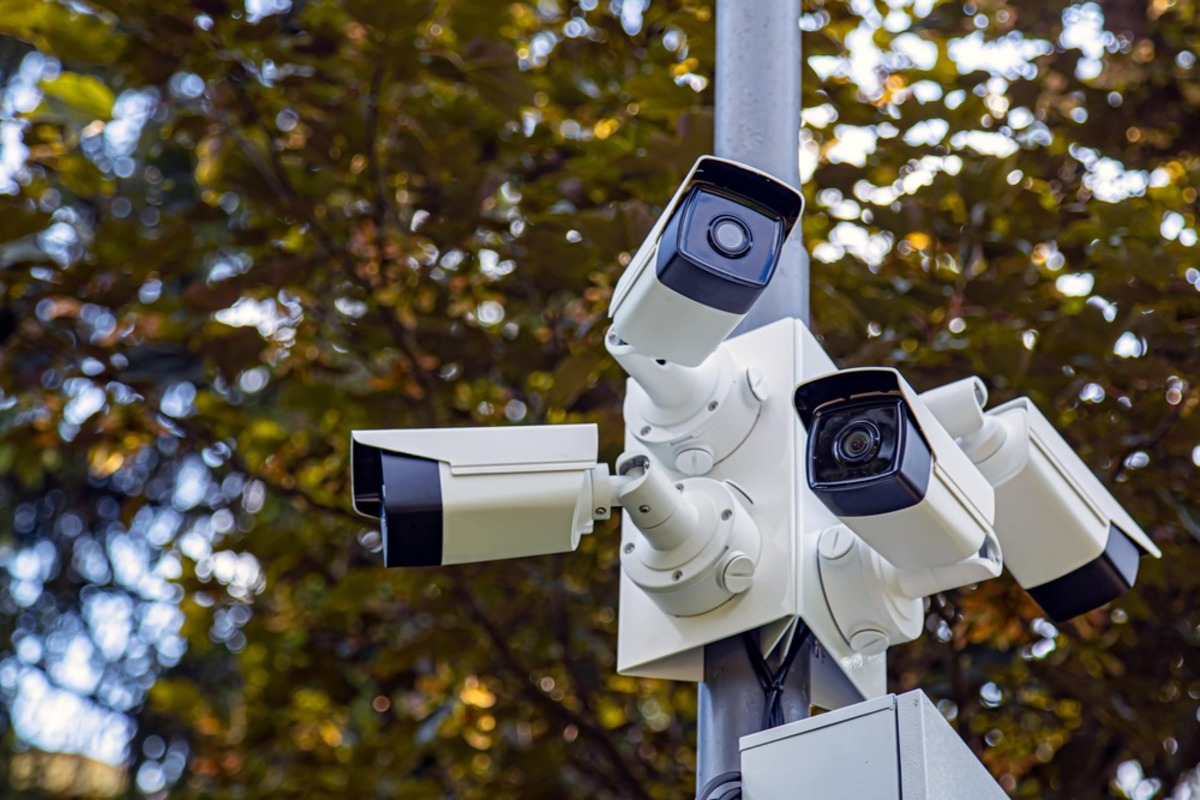Coreless Motor is a high-performance motor that has been widely used in many high-precision and demanding applications due to its unique structure and superior performance. As an important part of modern security systems, surveillance cameras require high precision, fast response and stable performance, and coreless motors can meet these needs. This article will discuss in detail the application principle of coreless motors in surveillance cameras.
Basic structure and characteristics of coreless motor
Coreless motors are different from traditional iron-core motors in that the rotor does not have an iron core. Instead, the windings directly form a hollow cup-shaped structure. Such a design brings several significant advantages:
1. Low Inertia: Since there is no iron core, the mass of the rotor is greatly reduced, making the inertia of the motor very low. This means that the motor can start and stop quickly and respond very quickly.
2. High efficiency: The windings of the coreless motor are directly exposed to the air, so the heat dissipation effect is good and the motor is more efficient.
3. Low electromagnetic interference: There is no iron core, the electromagnetic interference of the motor is small, and it is suitable for use in situations with high electromagnetic environment requirements.
4. Smooth torque output: Since there is no cogging effect of the iron core, the motor’s torque output is very smooth, suitable for applications that require precise control.
Demand for surveillance cameras
Modern surveillance cameras, especially high-end PTZ (Pan-Tilt-Zoom) cameras, have strict requirements on motor performance. PTZ cameras need to be able to rotate and tilt quickly and smoothly to monitor large areas, while also needing to be able to accurately locate and track targets. In addition, the zoom function of the camera also requires the motor to accurately control the focal length of the lens.

Application of coreless motors in surveillance cameras
1. PTZ Control: In PTZ cameras, the rotation and tilt of the PTZ are realized by motors. Due to its low inertia and high response speed, the coreless motor can control the movement of the gimbal quickly and smoothly, allowing the camera to quickly locate the target position and maintain smooth movement when tracking moving targets. This is crucial for real-time monitoring and quick response of surveillance cameras.
2. Zoom control: The zoom function of the surveillance camera requires the motor to accurately control the focal length of the lens. The smooth torque output and high-precision control capabilities of the coreless motor enable it to accurately adjust the focal length of the lens, ensuring that the camera can clearly capture distant details.
3. Autofocus: Some high-end surveillance cameras have an autofocus function, which requires a motor to quickly and accurately adjust the position of the lens to achieve the best focus. The rapid response and high-precision control of the coreless motor enable it to complete the focusing operation in a very short time and improve the image quality of the camera.
4. Stability and Reliability: Surveillance cameras usually need to work continuously for a long time and have high requirements on the stability and reliability of the motor. Due to its efficient heat dissipation performance and low electromagnetic interference, coreless motors can maintain stable performance during long-term operation, reduce failure rates, and improve system reliability.
in conclusion
Coreless motors have been widely used in surveillance cameras due to their unique structure and superior performance. Its low inertia, high efficiency, low electromagnetic interference and smooth torque output enable it to meet the needs of surveillance cameras for fast response, precise control and high stability. With the continuous advancement of technology, coreless motors will be more widely used in surveillance cameras, providing more reliable and efficient solutions for modern security systems.
Writer : Sharon
Post time: Sep-18-2024

